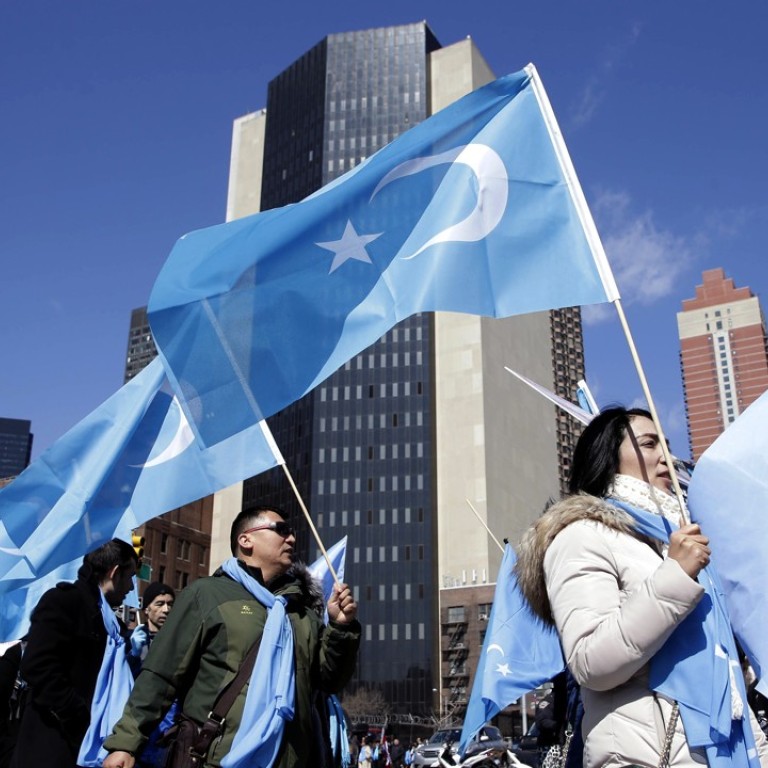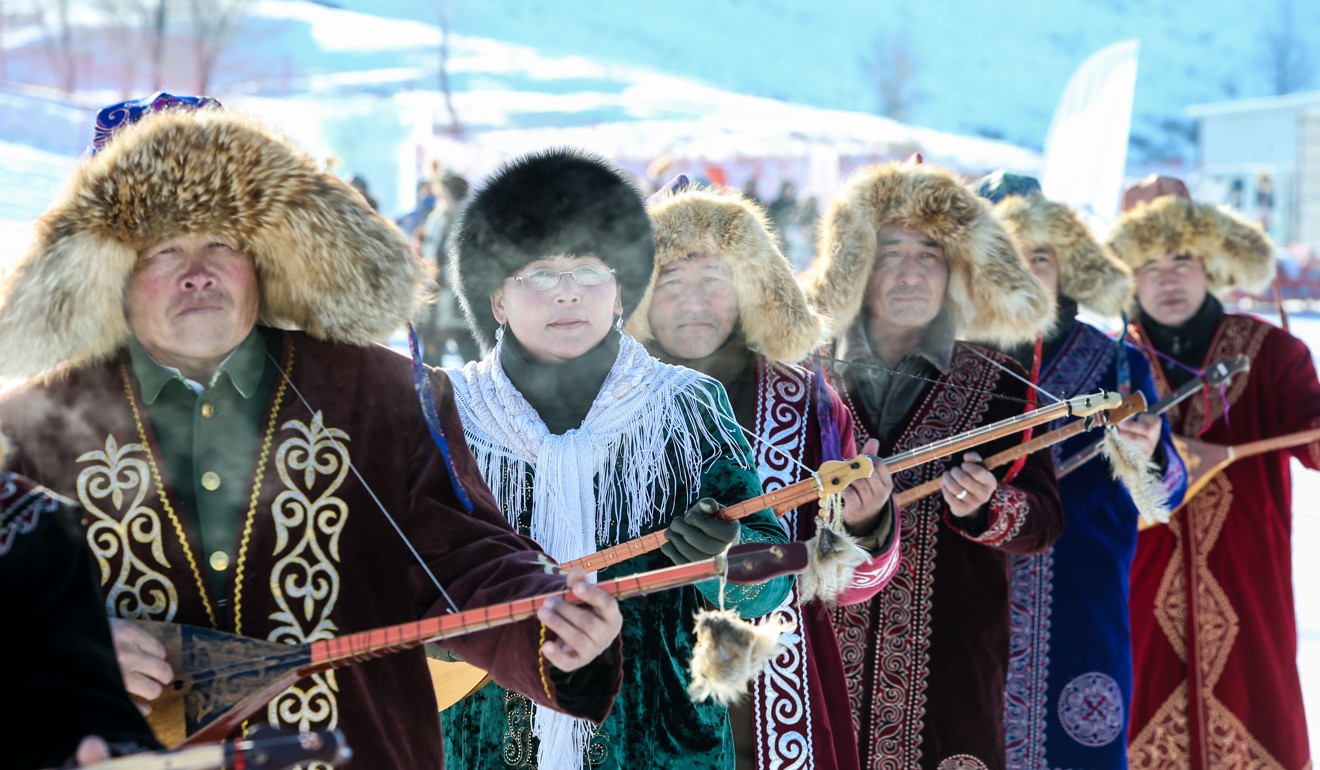
UN says it has reports that China is holding 1 million Uygurs in ‘secret internment camps’
The allegations, called ‘credible’, came from multiple sources, including the group Chinese Human Rights Defenders
A UN human rights panel said on Friday that it had received many credible reports that 1 million ethnic Uygurs in China were being held in what resembles a “massive internment camp that is shrouded in secrecy”.
Gay McDougall, a member of the UN Committee on the Elimination of Racial Discrimination, cited estimates that 2 million Uygurs and Muslim minorities were forced into “political camps for indoctrination” in the western Xinjiang autonomous region.
“We are deeply concerned at the many numerous and credible reports that we have received that in the name of combating religious extremism and maintaining social stability (China) has changed the Uygur autonomous region into something that resembles a massive internship camp that is shrouded in secrecy, a sort of ‘no rights zone’,” she told the start of a two-day regular review of China’s record, including Hong Kong and Macau.
China says Xinjiang faces a serious threat from Islamist militants and separatists who plot attacks and stir up tensions between the mostly Muslim Uygurs minority who call the region home and the ethnic Han Chinese majority.
A Chinese delegation of some 50 officials made no comment on her remarks at the session that continues on Monday in Geneva, Switzerland.
The allegations came from multiple sources, including activist group Chinese Human Rights Defenders, which said in a report last month that 21 per cent of all arrests recorded in China in 2017 were in Xinjiang.

Earlier, Yu Jianhua, China’s ambassador to the United Nations in Geneva, said it was working towards equality and solidarity among all ethnic groups.
But McDougall said that members of the Uygur community and others Muslims were being treated as “enemies of the state” solely on the basis of their ethno-religious identity.
More than 100 Uygur students who returned to China from countries including Egypt and Turkey had been detained, with some dying in custody, she said.
Fatima-Binta Dah, a panel member, referred to “arbitrary and mass detention of almost 1 million Uygurs” and asked the Chinese delegation: “What is the level of religious freedom available now to Uygurs in China, what legal protection exists for them to practice their religion?”
Panellists also raised reports of mistreatment of Tibetans in the autonomous region, including inadequate use of the Tibetan language in the classroom and at court proceedings.
“The UN body maintained its integrity, the government got a very clear message,” Golok Jigme, a Tibetan monk and former prisoner living in exile, said at the meeting.
Chinese delegation leader Yu Jianhua highlighted economic progress and rising living standards, among other things, but did not directly address the report on the Uygurs.

